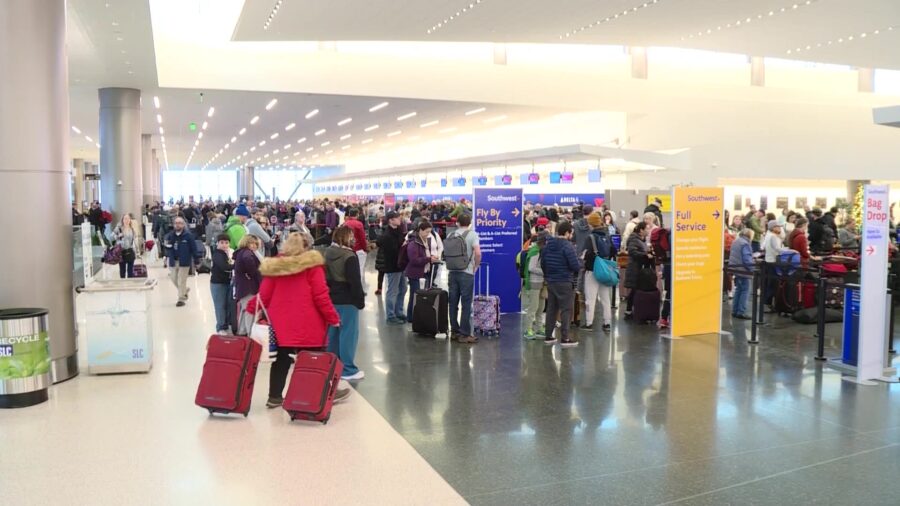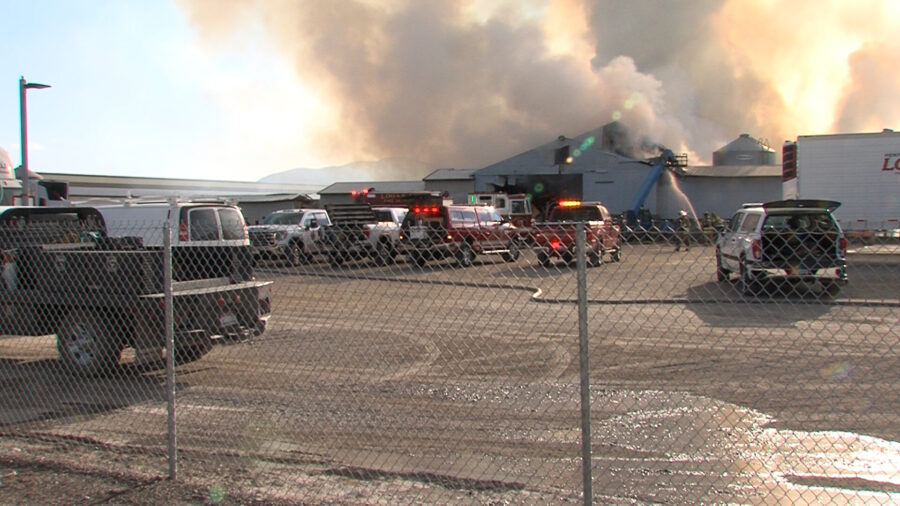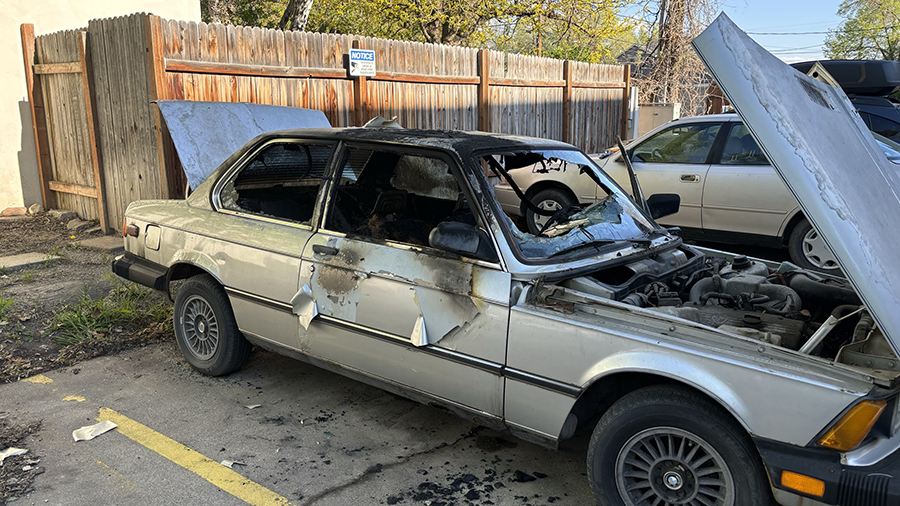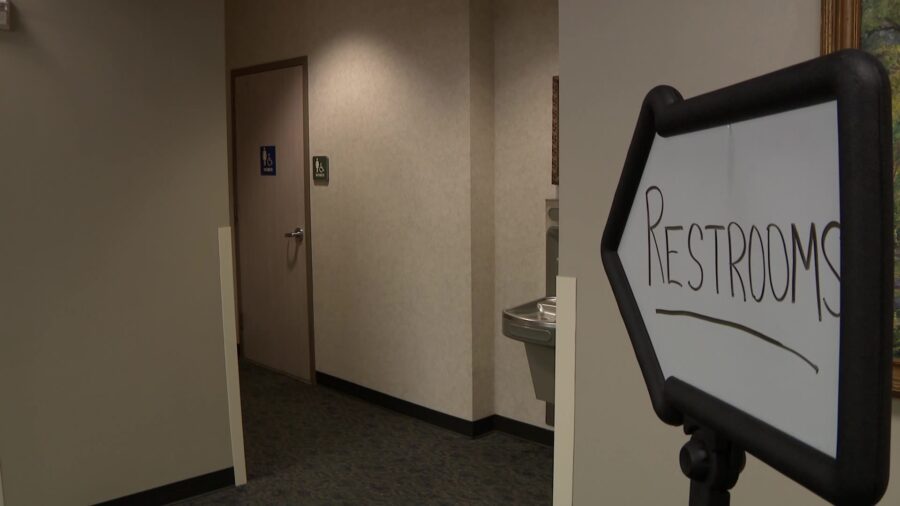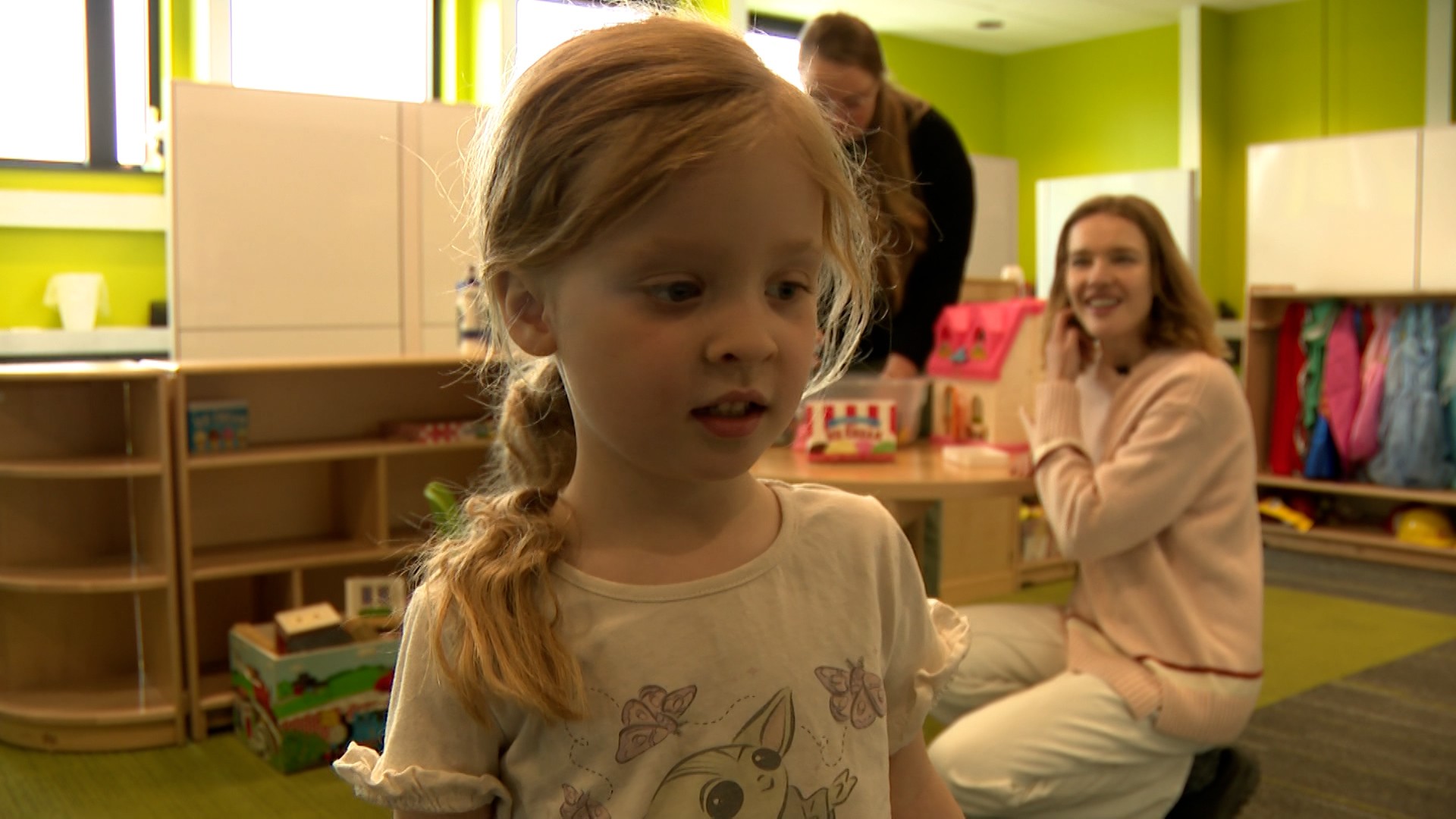Global refugee archive collecting the stories of the world’s displaced.
Oct 21, 2021, 6:49 PM | Updated: 6:54 pm
PROVO, Utah — The struggles of refugees around the world have captured headlines recently due to the plight of the Afghan people. A Global Refugee Archive launched today at Brigham Young University by a nonprofit plans to preserve those stories.
This is a digital archive to be housed at the Harold B. Lee Library Scholars Archive. The stories will be available to the public, academic researchers and humanitarians.
“They didn’t choose to leave their homes. They had to leave their homes,” said Robin Peterson, director of archives for Their Story is Our story.
A new digital collection of their stories as refugees will be gathered in the Global Refugee Archive at BYU. Stories, photos and video will be collected and managed by Their Story is Our Story, or TSOS.
“These are individuals that have families, that have hopes and dreams, that are educated, that for no reason other than war or deception did they have to leave their homes,” said Peterson.
TSOS is dedicated to sharing stories of the refugees’ journey, to advocate for them, and enable their integration.
The main goal of the archive is to preserve stories of triumph and inclusion from around the world, to help us better understand refugees and the peace they seek.
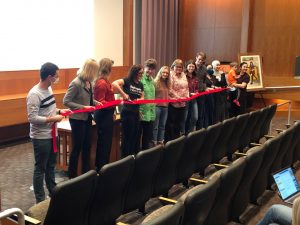
Robin Peterson, director of archives for Their Story is Our Story, cutting the ribbon for the digital archive.
“Stories are sacred, and stories have emotional heft and bring humanity to issues where statistics and facts just are not going to,” said Kristen Smith Dayley, executive director of TSOS.
Stories humanize the mass of people we see portrayed as refugees, she said.
“Stories have the power to change hearts and minds, and allow us to be more welcoming. They expand our humanity,” said Dayley.
On display at the ribbon cutting today were many photos of the faces of refugees who have already shared their stories with researchers and photographers with TSOS.
“We sit knee to knee with someone, and allow them to open their hearts and tell their story,” said Peterson.
Scholars will discover human experiences to broaden their understanding of the historical facts.
“If we understand them, we will see ourselves in them. We will tend to see them as individuals rather than numbers, rather than problems,” Dayley said.
This is the seed of the project, and they expect growth.
For more information on accessing the refugee archives, visit www.tsosrefugees.org.

